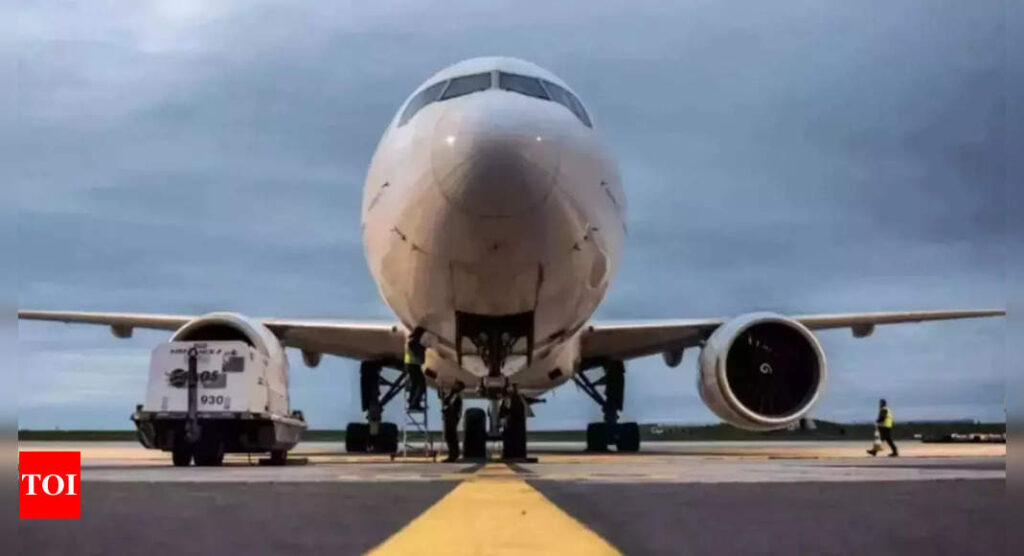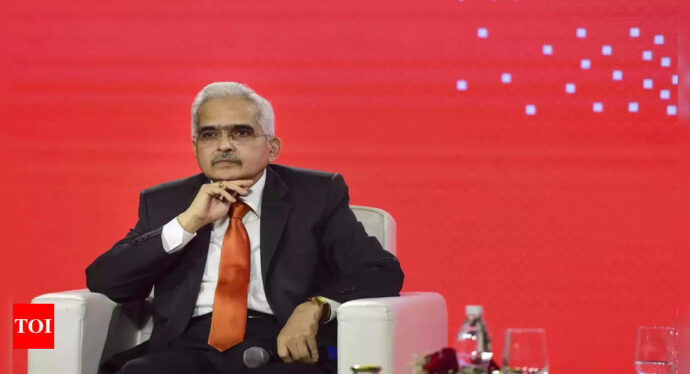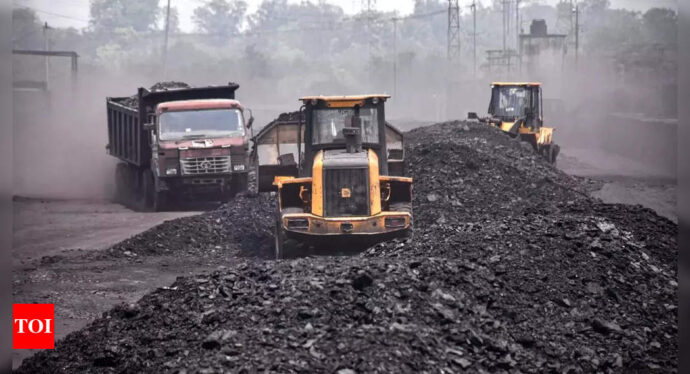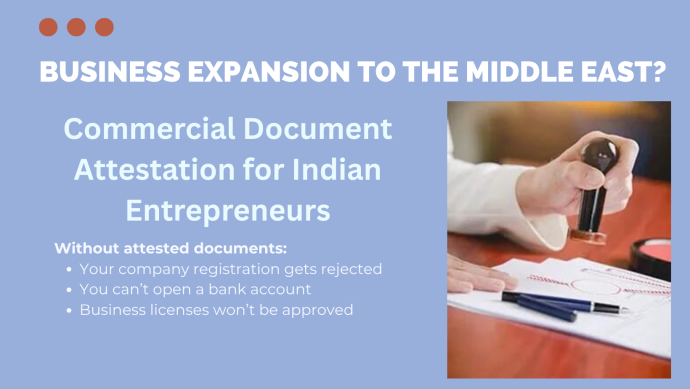Govt rolls back additional excise burden on jet fuel for int’l flights – Times of India

[ad_1]
NEW DELHI: Cash-strapped Indian carriers have been spared the additional excise burden imposed recently imposed on aviation turbine fuel (ATF) being tanked up for international flights. The Union finance ministry had on June 30, 2022, issued a notification that, among other things, levied an additional excise of Rs 6 per litre on ATF exports (refuelling for international flights) and upended the exemption from 11% basic excise duty (BED). These two additional burdens have now been withdrawn for airlines.
Abhishek Jain, KPMG partner (indirect tax) said: “The potential levy of excise duty on ATF supplies to a foreign going aircraft has proactively been exempted by the government, with no excise duty (basic or special) being applicable on such supplies. This alignment to the taxabilty as existent pre-imposition of excise duty on exports is a much welcome move for the airline industry, specifically in the backdrop of increasing ATF costs.”
The finmin corrigendum issued on Thursday (July 7) reads: “In the notification of the government of India, ministry of finance (department of revenue) No. 08/2022-Central Excise, dated the June 30, 2022, published in the Gazette of India, Extraordinary, Part II, Section 3, Sub-section (i), vide number G.S.R. 496(E), dated the 30th June, 2022, for “when such goods are cleared for exports” read “when such goods are cleared for exports or supplied as fuel to foreign going aircraft”.
ATF for domestic flights is among the most expensive in India due to two reasons — high base price by oil marketing companies who are not able to raise politically sensitive petrol, diesel and cooking gas prices and thereby jet fuel sees a disproportionate increase. And then high central and state taxes on the base price leads to very expensive ATF.
Struggling to survive Indian carriers have long been requesting excise duty reduction on jet fuel and also that jet fuel be brought under GST so that they get the benefit of input tax credit. ATF prices have increased by more than 120% since June 2021. What has added to airlines’ burden is the weakening rupee as a majority of there costs like lease rentals and maintenance contracts are dollar-denominated.
While no Indian airline (except IndiGo in pre-Covid times) had a healthy balance sheet in the past few years, the pandemic’s crippling blow had left them all struggling to survive. Russia’s war on Ukraine — leading to fuel price hike and weakening of rupee vis-a-vis the dollar — have added to their woes.
“Airlines are not a cost plus industry. We have hardly passed on half of the enhanced increase in operating cost to passengers. Due to the increased fares, the recover in domestic traffic has taken a hit. Till the six metros reduce ATF price, not much will change for airlines in terms of survivability,” said an airline official.
“The rupee weakening against the dollar by every Re 1 means an enhanced expense of Rs 75-80 crore for a mid-size airline and Rs 150-200 — crore for a large airline in India. About 65-70% of ours costs are dollar-denominated like aircraft lease/maintenance, foreign stations and GDS,” said another airline official.
FacebookTwitterInstagramKOO APPYOUTUBE
[ad_2]
Source link







